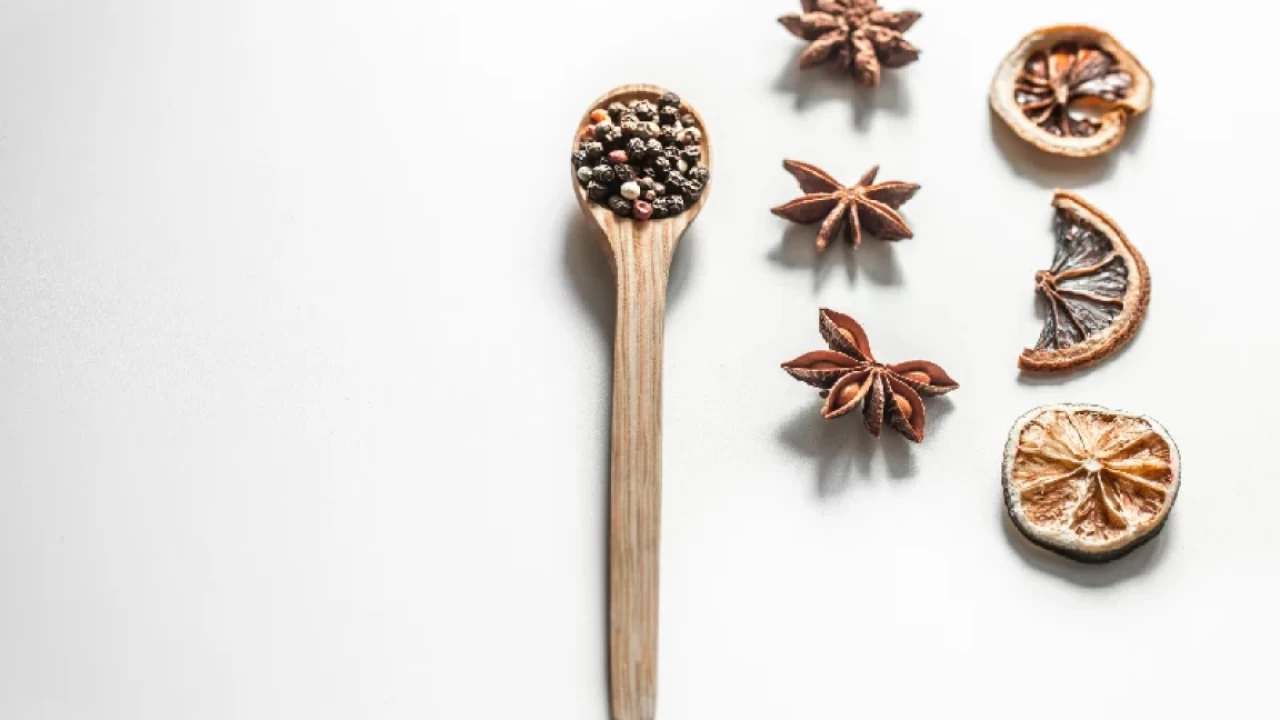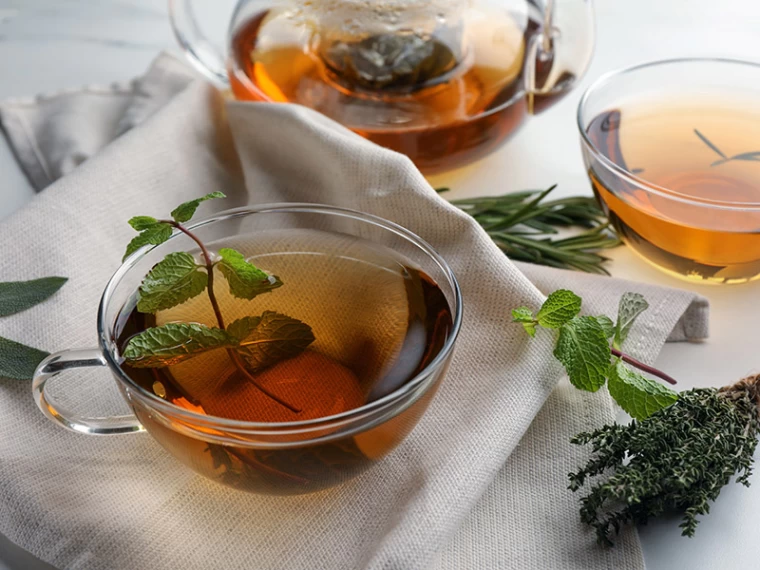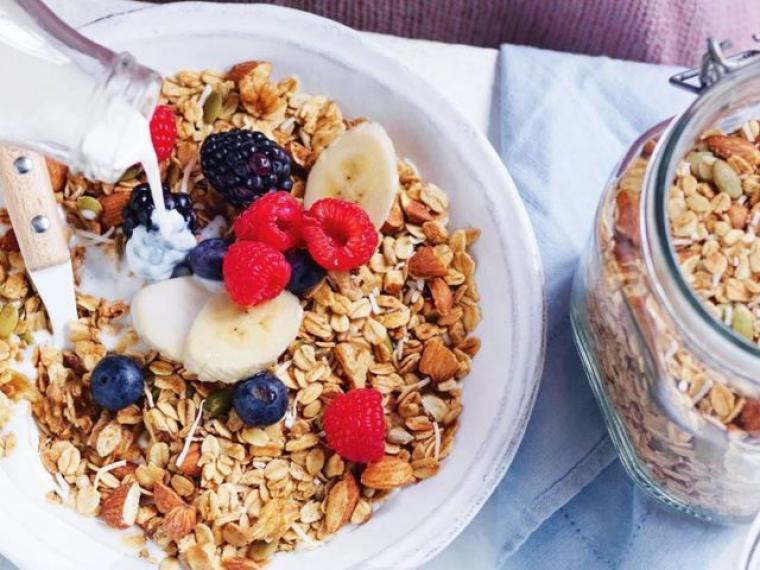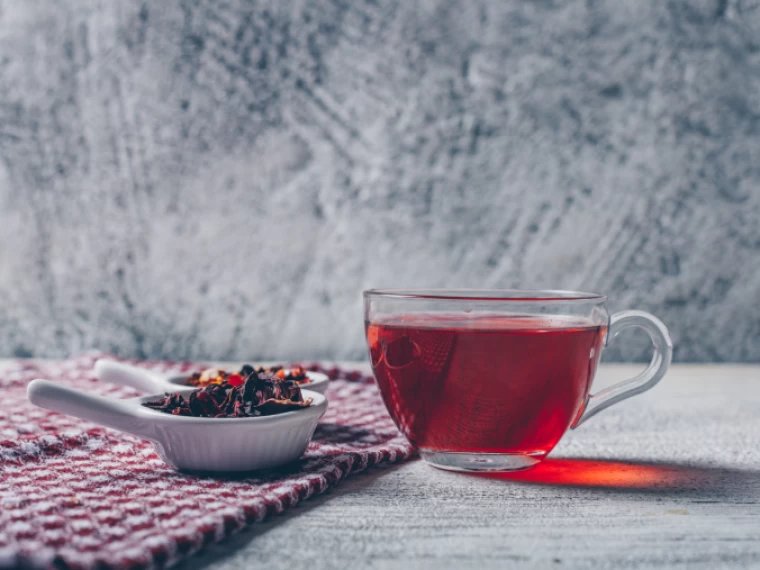Clove is an aromatic and beneficial plant that has been valued since ancient times. Due to its strong fragrance and valuable compounds, it is widely used in traditional medicine, cooking, and cosmetic products. In this article, we will explore the history of clove usage, its medicinal and nutritional benefits, methods of consumption, potential side effects, and practical applications.
History of Clove in Traditional Medicine
Historical Background
Clove is one of the oldest spices in the world, originating from the Maluku Islands in Indonesia. In ancient times, Arab traders introduced this valuable spice to the Middle East and later to Europe. Over time, due to its numerous medicinal properties and pleasant aroma, it became widely used in kitchens and medical centers, and today it is recognized worldwide as an essential spice.
Clove in Iranian Traditional Medicine
In Iranian traditional medicine, clove is known for its warming properties, pain relief for toothaches, anti-bloating effects, and digestive health benefits. It is also used in herbal distillates and decoctions with calming and anti-inflammatory properties.
Nutritional Value and Key Compounds in Clove
The primary active compound in clove is eugenol, which has anti-inflammatory, analgesic, and antibacterial properties. In addition to eugenol, clove contains various vitamins and minerals, including vitamin C, vitamin K, potassium, and manganese. The table below summarizes the nutritional value of dried clove per 100 grams:
|
Nutrient |
Approximate Amount |
|
Calories |
274 kcal |
|
Carbohydrates |
65 g |
|
Protein |
6 g |
|
Fat |
13 g |
|
Dietary Fiber |
34 g |
|
Calcium |
632 mg |
|
Manganese |
30 mg |
|
Vitamin K |
142 mcg |
|
Vitamin C |
21 mg |
Note: These values may vary slightly depending on the quality and type of clove.
Medicinal Benefits of Clove
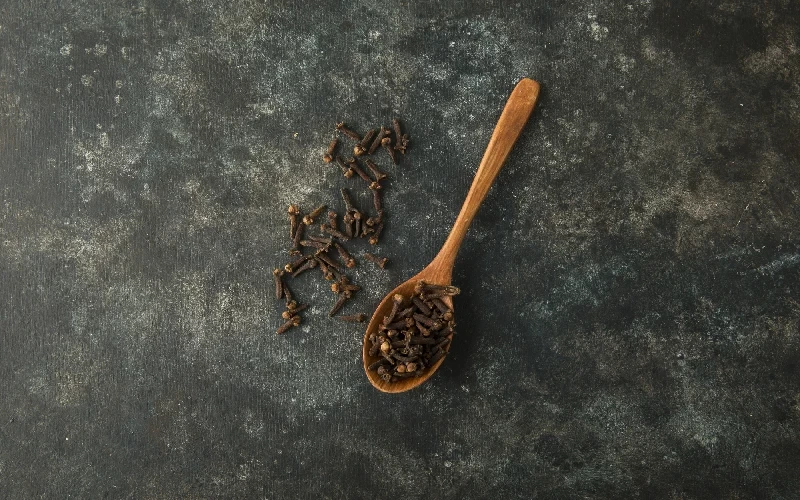
Anti-Inflammatory and Pain Relief
The eugenol in clove has significant pain-relieving effects, which is why clove oil is used for toothaches and muscle pain relief.
Boosting the Immune System
Clove contains antioxidants such as flavonoids and phenolic compounds, which help strengthen the immune system and protect the body from free radicals.
Improving Digestion
Clove has anti-bloating and antimicrobial properties, making it effective in regulating digestion and preventing issues like bloating and stomach pain.
Liver Protection
Some studies suggest that eugenol may help prevent liver problems. However, excessive consumption may have adverse effects.
Oral and Dental Health
One of the oldest uses of clove is relieving tooth pain and freshening breath. Its antimicrobial properties help prevent harmful bacterial growth in the mouth.
Blood Sugar Regulation
Preliminary studies indicate that clove may improve insulin sensitivity, potentially helping regulate blood sugar levels. However, more research is needed in this area.
Uses of Clove in Various Industries
- Food and Culinary Industry
- Spices: Clove is used as an aromatic spice in stews, cakes, herbal teas, and desserts.
- Pickles and Jams: Adding clove to pickles or jams enhances preservation and aroma.
- Tea and Herbal Infusions: Combining black or green tea with clove creates a warm and pleasant flavor, ideal for cold days.
- Cosmetics and Personal Care Industry
- Essential Oils: Clove oil is a powerful disinfectant and anti-inflammatory agent, used in toothpaste, mouthwash, and some soaps.
- Perfume Industry: The warm and sweet fragrance of clove is used in oriental and spicy perfumes.
- Traditional Medicine and Supplements
- Herbal Capsules: Some anti-inflammatory or immune-boosting supplements contain clove powder or extract.
- Therapeutic Oils: Topical clove oil massage is used for muscle and joint pain relief.
Potential Side Effects and Precautions
Skin Sensitivities
Some people may experience skin irritation when using clove oil topically. It is recommended to test a small amount before full application.
Drug Interactions
Clove may interact with blood-thinning medications (such as warfarin). Those under medical treatment should consult a doctor before regular clove consumption.
Excessive Consumption in Children
Young children are more sensitive to clove compounds, so it should be used cautiously and under medical supervision.
Pregnancy and Breastfeeding
There is limited information on the effects of clove in pregnancy and breastfeeding. It is best for pregnant or nursing women to consult a doctor before using clove supplements.
Practical Tips for Safe Clove Consumption
- Use fresh and aromatic clove for maximum effectiveness.
- If using clove oil topically, dilute it with carrier oils like coconut or olive oil before application.
- Avoid excessive consumption of clove on an empty stomach, as it may cause digestive discomfort or heartburn.
- Those with chronic conditions (liver, kidney, heart diseases) should consult a doctor before regular clove use.
Conclusion
Clove is a valuable spice and medicinal plant, widely used in food, cosmetics, and traditional medicine due to its warm fragrance and active compounds like eugenol. It’s anti-inflammatory, pain-relieving, and immune-boosting properties make it highly beneficial. However, like any herbal remedy, it is essential to follow safety guidelines and be aware of potential drug interactions. With moderate and informed consumption, clove can enhance health and improve quality of life.
Frequently Asked Questions (FAQ)
- Is daily clove consumption recommended?
Daily clove consumption in small culinary amounts is generally safe. However, excessive use in herbal teas or supplements should be monitored by a doctor.
- How does clove help eliminate bad breath?
Chewing a single clove or gargling with clove-infused mouthwash can reduce bad breath. However, this should not replace regular oral hygiene.
- Does clove aid in weight loss?
Some claim that clove compounds may boost metabolism or reduce appetite, but scientific evidence is insufficient. Clove alone cannot cause significant weight loss.
- Is clove tea beneficial for colds?
Yes, due to its anti-inflammatory and antiseptic properties, clove tea can soothe sore throats and help the body relax. However, consulting a doctor and staying hydrated is essential.
- How can I identify pure clove oil?
Authentic clove oil has a strong, pungent aroma. Reputable brands use steam distillation for extraction. Before purchasing, check for certification and health approvals.
By following these tips and understanding its benefits and risks, you can safely and effectively use clove in cooking, personal care, and traditional medicine.

